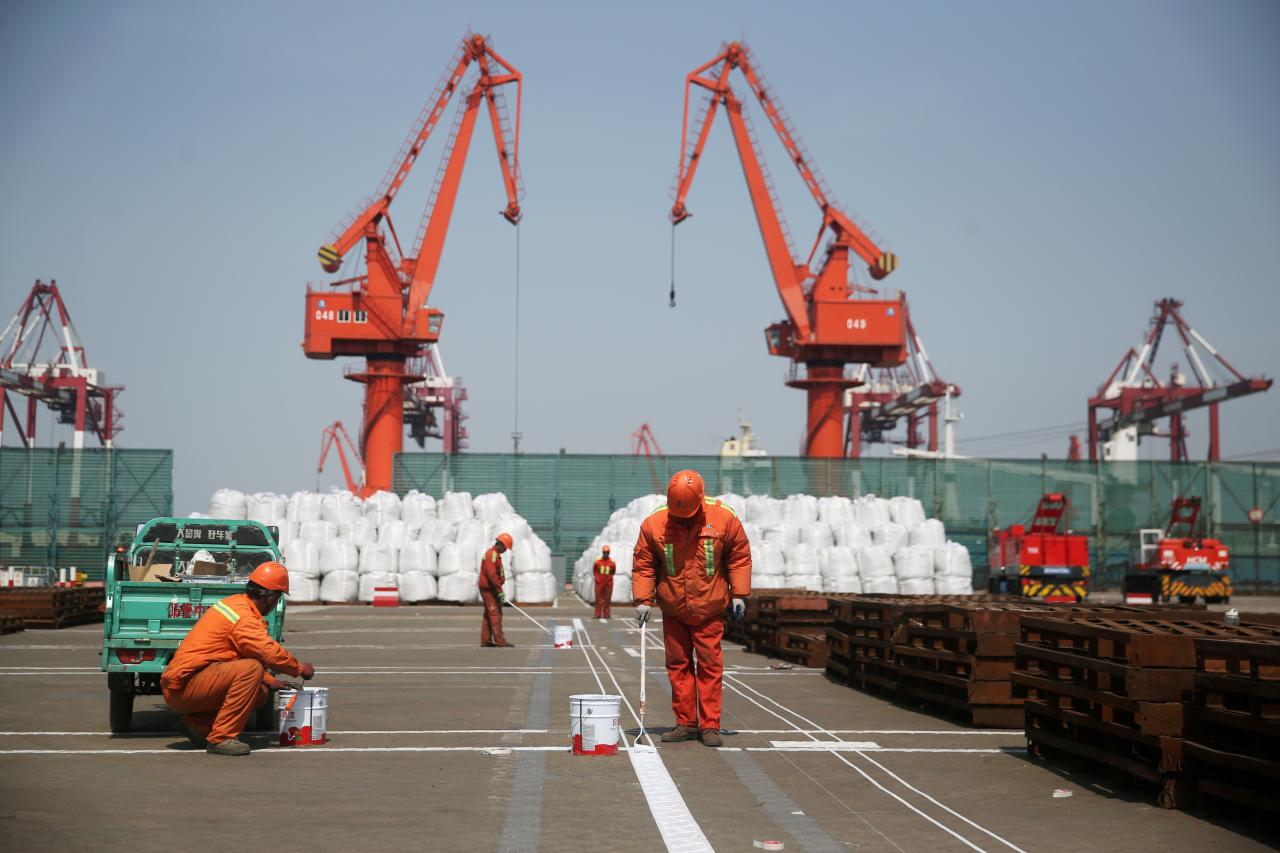
The change was made in a federal register filing from a previously scheduled effective date of January 1, 2019 for the increase to 25% from 10%.
The notice does not affect the 25% tariff rate already in place on $50 billion worth of Chinese technology items, including semiconductors, printed circuit boards and other electronic components, machinery and vehicles.
China-US surplus hits record, adding fuel to trade war
The filing was added to documents associated with USTR's "Section 301" investigation into China's intellectual property practices, which has been the basis of US tariffs on Chinese goods that led to tit-for-tat retaliation from Beijing.
It attributed the change to new US-Chinese engagement "with the goal of obtaining the elimination of the acts, policies and practices covered in the investigation" following a December 1 meeting between US President Donald Trump and Chinese President Xi Jinping in Buenos Aires.
The USTR statement did not specify any expected outcomes of the negotiation.
China won't just play defense in trade war, Global Times warns
It made reference to goals set forth in a statement issued by the White House to negotiate over a 90-day period structural changes by China on forced technology transfer, intellectual property protection, non-tariff barriers, cyber intrusions and theft, services and agriculture.
USTR's notice made no mention of China's steps this week to resume suspended purchases of US soybeans or suspend a punitive 25% tariff on American-made vehicles and auto parts.
The official delay of the tariff rate increase was of little comfort to the US tech sector. The Consumer Technology Association said on Friday that US tariffs on technology-related imports from China were now costing $1 billion per month, with duties on fifth-generation mobile technology goods reaching $122 million in October, compared with $65,000 a year earlier.

















COMMENTS
Comments are moderated and generally will be posted if they are on-topic and not abusive.
For more information, please see our Comments FAQ